Ten of the country’s twenty-one ethnic armed organizations (EAOs) signed the Nationwide Ceasefire Agreement with the central government eight years ago. Yet, concerns about its implementation remain.
Among the ten NCA signatory groups, only five of them including the Arakan Liberation Party (ALP), the Democratic Karen Buddhist Army (DKBA), the Karen National Union/Karen National Liberation Army – Peace Council (KNU/KNLA-PC), the Lahu Democratic Union (LDU) and the Pa-Oh National Liberation Organization (PNLO) have been actively engaged in peace talks with the State Administration Council (SAC). However, it is reported that these signatory groups have not demonstrated significant political or military strength, and they confront internal fragmentation, in particular within organizations like the KNLA-PC and DKBA, whose primary interests are more business-oriented than political.
Apart from these five NCA signatory members, three members including the Karen National Union (KNU), All Burma Student’s Democratic Front (ABSDF), and Chin National Front (CNF) have aligned with the National Union Government (NUG) and participated actively in armed resistance against the military regime since the coup took place in 2021. However, the other two, the Restoration Council of Shan State/Shan State Army-South (RCSS/SSA-S), and the New Mon State Party (NMSP) remain undecided about fully participating in peace talks with the SAC
For example, despite attending some SAC meetings, the RCSS/SSA-S and the MNSP were absent from the national peace talks convened by the National Solidarity and Peacemaking Negotiation Committee (NSPNC) last month to discuss several important issues, including the 2008 Constitution amendment.
For the KNU, ABSDF, and CNF, which back the opposition groups, the NCA is no longer valid due to the military coup. However, the five members that actively engaged with the SAC disagreed. They insist on cooperating with the SAC in the peace talks as they claim that the NCA is an agreement between the central government and ethnic armed organizations signed between the president and two vice presidents, the commander-in-chief and vice commander, and the EAOs. In addition, it was witnessed by the international community and officially recognized by the Union parliament. The NCA agreement has led to national political talks. Thus, the signatory members should carry on the peace talks.
However, concerns have been raised about the NCA’s problematic implementation. Many have viewed that the military controls the agenda and schedule of discussions, while the EAO signatories are sidelined. In addition, discussions continue under the 2008 constitution, which the EAOs initially rejected. This discrepancy between the NCA’s promise of equal, justice, and inclusive political dialogue and the reality of its implementation has hindered the realization of genuine political conversation, as the military uses the agreement to maintain adherence to the 2008 constitution, which is a contentious issue for the EAOs.
As a result of the internal divisions among signatory groups, it appears that the intended goals of the NCA and its actual implementation deviate significantly. Thus, the pursuit of lasting peace in the country continues to be challenging and elusive.
Note* The views expressed in this article are the author’s own.





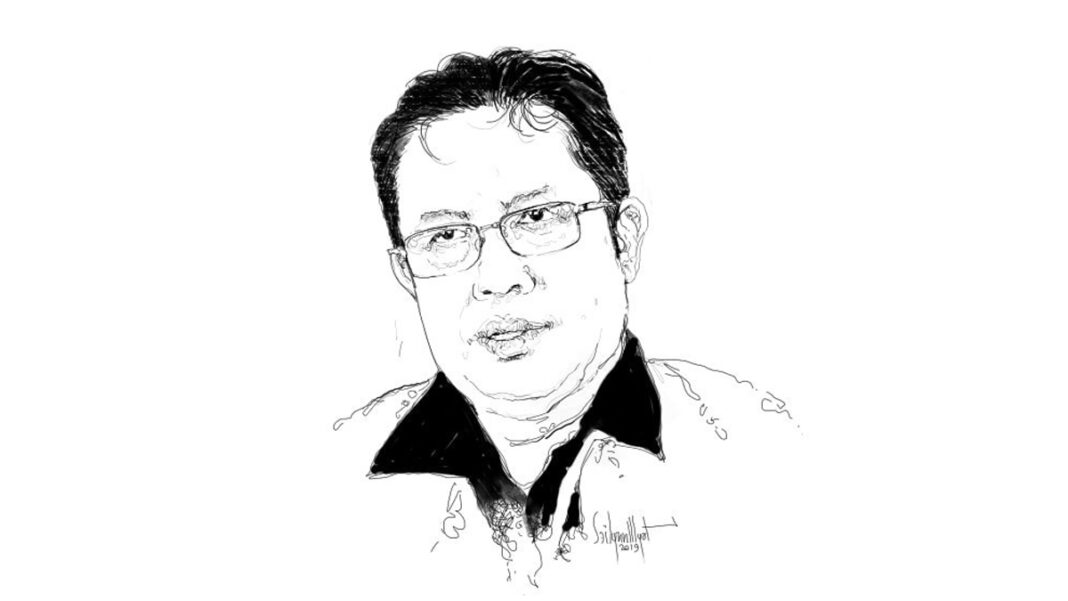
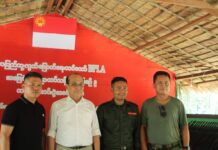
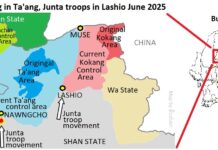
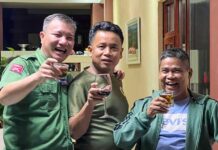
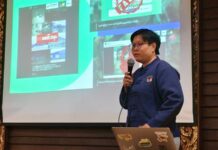







Leave a Comments